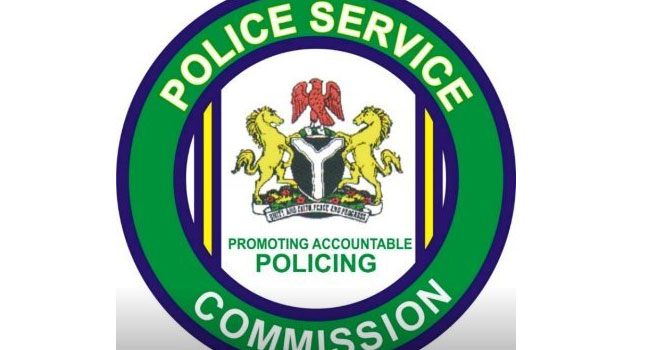Since the inception of democracy in Nigeria, the fight against corruption has been on the agenda of all elected governments. Corruption is believed to have been responsible for the economic downturn, poor infrastructures, insecurity and massive un-employments plaguing the nation. Despite the amount of money generated from crude oil, mining and agriculture, with potentials to rake more income from internal generated revenue of companies and individuals doing business in Nigeria, government have not been able to meet up with its responsibilities of providing infrastructure, security and social services to the people. The amounts generated are not properly accounted for and most of It are stolen by those who had the opportunity to do so in government. The fight against corruption started with the Obasanjo’s administration, he introduced reforms in governance, which was meant to curtail corruption. Some of those reforms were witnessed in the procurement, fiscal governance and setting up of anti-corruption agencies.
The Administration of Goodluck Jonathan also made efforts to fight corruption by establishing structures in the public service to help check corruption. Some of the structures include the Integrated Personnel Payroll Systems introduced to check ghost workers amongst civil servants, others include the Bank Verification Numbers etc. However, despite the existing reforms and structures put in place by the past two administration, corruption still held sway in public service. The Buhari administration has tried to implement some of the reforms introduced by the past two administration such as the use of the Treasury Single Account, BVN, IPPIS but have failed to introduce new reforms that will address the loopholes in the existing ones.
The current administration strategy in the fight against corruption has been counter-productive, it has deployed more energy on; arrest and prosecution, naming and shaming, imposition of executive orders on targets and restrictive economic policies.
This strategy did not only succeed inducing apprehension amongst well-meaning investors, it also contributed to the worsening economic fortunes of the nation. It left most people in and outside government to identify other secret ways to perpetrate acts of corruption. It also succeeded in getting more persons into the dragnets of the EFCC and ICPC, which increased governments budget for litigation.
Obasanjo and Jonathan’s administration left some loopholes in the existing reforms, they were also not fully committed to the implementation of the reforms and structures they set in place before they left office. Nevertheless, it doesn’t rule out the fact that the establishment of key governance reforms and setting up formidable structures to prevent corruption, remains the best approach in the fight against corruption. Litigation and prosecution of offenders are the last resorts which is detected naturally with the help of the enabling structures
For Nigeria to win the war against corruption, the approach must be less combative but more preventive. It must be less vindictive but more systematic. It means that, the government of the day must identify the leakages within its systems and deploy structural reforms to make it even more difficult for those working for the same government to manipulate the systems within the structures. The structures should include information sharing. The government must be ready to share information with its citizens on all its transactions. Information sharing helps build trust and confidence in government. Accountability and transparency must be mainstreamed in all government transactions and this should cut-across all agencies of government. To be accountable, government personnel’s must subject themselves to accountability by declaring their assets openly before they assume office and after every four years in office. Finally, the structures should eliminate bureaucratic bottle necks that arrogates undue power to government personnel’s who have interface with the public.
Victor Emejuiwe, Program Officer (Good Governance)




